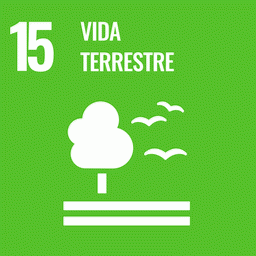O Observatório do Código Florestal, rede de entidades que visa a acompanhar a implementação da nova lei ambiental, completa dois anos em maio de 2015 e presta contas do que foi feito neste período.
Brazil’s Market for Trading Forest Certificates
Brazil faces an enormous challenge to implement its revised Forest Code. Despite big losses for the environment, the law introduces new mechanisms to facilitate compliance and foster payment for ecosystem services (PES). The most promising of these is a market for...


